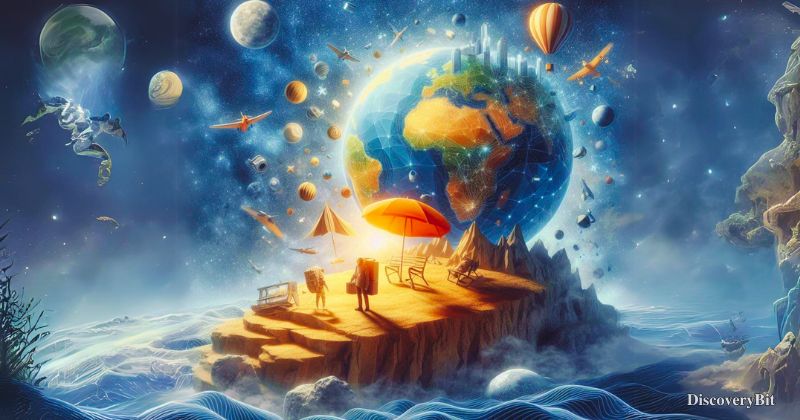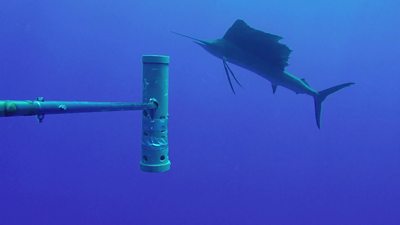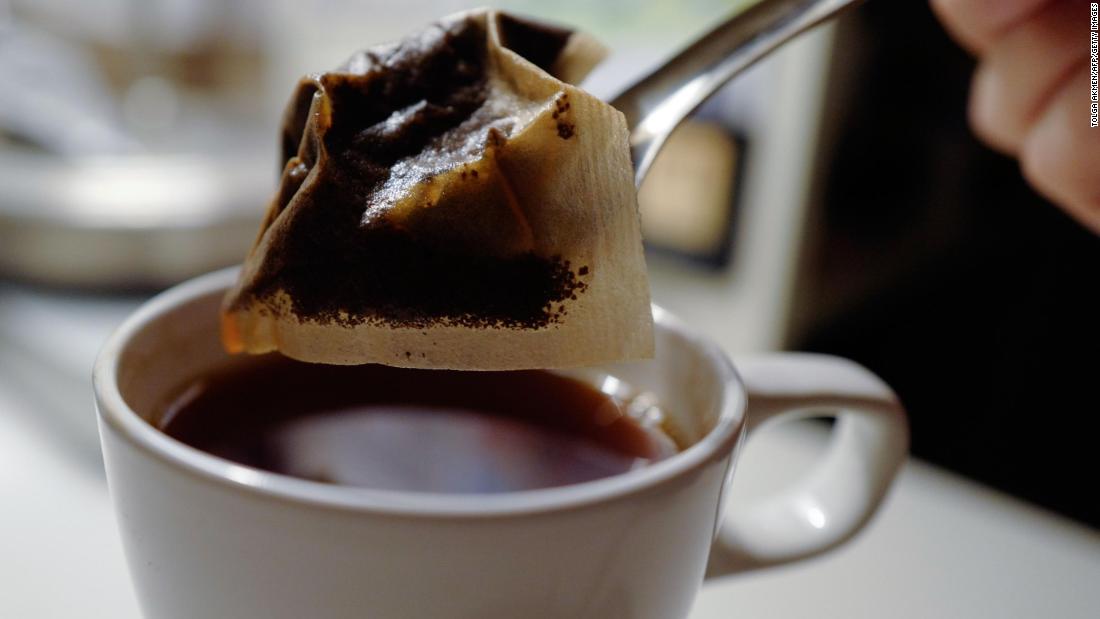@foolishlywise
3 Reputationfoolishlywise posted an update in the group
 Product 2 weeks, 3 days ago
Product 2 weeks, 3 days agoThe UK Tested The World’s First Graphene-Enhanced Road In Teesside, England, Aiming To Extend Lifespan, Reduce Potholes, And Improve Sustainability. Developed With Universal Matter’s Innovative Genable™
Pavement Additive And Tarmac, Graphene-Infused Asphalt Is Stronger, Smoother, And Eco-Friendly, Cutting Maintenance And Carbon Footprints.foolishlywise posted an update in the group
 Other 2 years, 10 months ago
Other 2 years, 10 months agoResearchers, For The First Time, Discovered Microplastic In Freshly Fallen Snow In Antarctica. Scientists Found From Each Of The 19 Sampled Sites, An Avg. Of 29 Plastic Particles Per Litre Of Melted Snow. And Identified 13 Different Plastic Types–With The Most Common Plastic Being PET Plastic—Used Mostly In, E.g., Soft-Drink Bottles.
foolishlywise posted an update in the group
 Health 3 years ago
Health 3 years agoA New Study, Via Testing 22 Blood Samples, Has Detected, For The First Time, Tiny Particles Of Plastic In Human Blood. And Warn That The Microplastics Could Damage Human Cells. Half Of The Blood Samples Had Plastics From Drink Bottles, Another Third Had Plastics From Packaging Food. The Remaining Quarter Had Plastic From Shopping Bags.
foolishlywise posted an update in the group
 Other 3 years, 10 months ago
Other 3 years, 10 months agoThe Southern Ocean, The Frigid Water Around Antarctica, Though Recognized By Many, Including Scientists, As One Of The Earth’s Ocean, Has Not Being Popularly Recognized Until Now. The National Geographic Society Wants To Officially Recognize It As The 5th Earth’s Ocean, An Addition To The Atlantic, Pacific, Indian, And Arctic Oceans.
Discovery Bit This is a social network for those interested in unique and valuable information!foolishlywise posted an update in the group
 Product 4 years ago
Product 4 years agoThe World’s Oceans Are Threatened By Pollution, Over Fishing And Climate Change. And To Help Protect Marine Life, With Focus On 10 British Overseas Territories, The UK Has Launched The “Baited Remote Underwater Video Systems” (BRUVS)—The World’s Largest Ocean Monitoring System. Hopefully, Its Collected Data Can Enhance Marine Protection.
foolishlywise posted an update in the group
 Product 4 years, 6 months ago
Product 4 years, 6 months agoResearchers Combined Two Enzymes, MHETase and PETase, To Create A Super Enzyme, Which Degrades Plastic 6X Faster Than The Previous Engineered Enzyme, PETase. This Innovation Has Implications In Quickly Degrading The Most Commonly Used Thermoplastics, Polyethylene Terephthalate (PET), Which Takes 100s Of Years To Degrade In The Environment.
foolishlywise posted an update in the group
 Discovery 4 years, 9 months ago
Discovery 4 years, 9 months agoA Recent Study Shows That Plants Can Absorb Nanoplastics Via Their Roots. And The Plastics Could Block The Roots From Properly Absorbing Water; Prevent Plants From Growing Properly And Harming Seedling Development; Alter The Genetic Makeup Of Plants, Making It Impossible To Resist Disease. It’s Also Concerning Because We Eat Plants.
foolishlywise posted an update in the group
 Discovery 5 years, 5 months ago
Discovery 5 years, 5 months agoA New Study, Involving Five Men And Five Women, Is Stating That It Takes The Brain About 100-300 Milliseconds To Recognize A Familiar Song. The Study Result Is Indicative Of How Fast The Temporary Circuitry Is In The Brain, And Also The Deep Hold That Music Has On Our Memory, Which May Be Leveraged In Dementia Therapy.
foolishlywise posted an update in the group
 Discovery 5 years, 6 months ago
Discovery 5 years, 6 months agoScientists Are Stating That Our Brain Decides What We See By Getting Rid Of Information That’s Distracting Or Less Useful, In Order To Make The More Relevant Inputs Stand Out. In Order Words, The Brain Lets Certain Kinds Of Stimuli, Based On E.g, Motion Or Brightness, To Automatically Capture Our Attention Relative To Rest. Hmm!
foolishlywise posted an update in the group
 Health 5 years, 6 months ago
Health 5 years, 6 months agoMany Tea Producers Use Polypropylene To Seal Their Bags, And Now Researchers Have Found That Brewing A Single Of These Tea Bags Could Shed About 11.6B Microplastics, And 3.1B Smaller Nanoplastics, Into The Cup–Amounts 1000sX Higher In Any Food Or Drinks Previously Discovered. Hopefully, The Micro-Nanoplastics Don’t Pose Any Health Risk!?
Groups
- 354 members
- 340 members
- 288 members
- 286 members
- 271 members
Questions
Recent posts
-
 Top Hotels In Venice Italy On The Grand Canal (Walking Distances Included) November 28, 2024
Top Hotels In Venice Italy On The Grand Canal (Walking Distances Included) November 28, 2024 -
 Top Hotels Near Taj Mahal (Walking And Driving Distance Included) November 21, 2024
Top Hotels Near Taj Mahal (Walking And Driving Distance Included) November 21, 2024 -
 Top Victoria Falls Hotels (Walking And Driving Distances Included) November 20, 2024
Top Victoria Falls Hotels (Walking And Driving Distances Included) November 20, 2024 -
 Top Iguazu Falls Hotels (Walking Distances included) November 17, 2024
Top Iguazu Falls Hotels (Walking Distances included) November 17, 2024 -
 Top Maldives Resorts And Must-See Attractions: A Complete Guide November 6, 2024
Top Maldives Resorts And Must-See Attractions: A Complete Guide November 6, 2024
foolishlywise’s Friends
Sorry, no members were found.Birthdays
You must be logged in to see the birthday of the people you follow.Fun+ Extras
Log in with your credentials
Forgot your details?
Create Account









